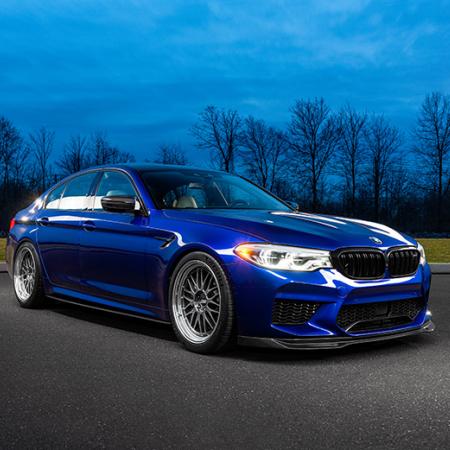The newly-revealed BMW i3 is an electric car for buyers looking for a little more luxury and performance from their EV, but who can’t quite afford to lay out $70,000 on a Tesla Model S. Yet there’s still the problem of limited range—in this case, up to 100 miles—and long charging times, which is why the BMW i3 includes a $3,950 gas-powered range-extender option.
More importantly though, it means that you’re never completely out of fuel in the BMW i3, so long as you have access to a full jerry can. That said, the range extender isn’t meant for daily use, and BMW has yet to price the SAE Combo Charger option capable of fully-charging the i3 in just 30 minutes, nor firmly nail down the range rating. The 20-mile spread BMW keeps using means the i3 will either be about average, or pack-leading.
But the BMW i3 does have other things important to enthusiasts that could make it the EV of choice. The i3 has a 50/50 front/rear weight distribution, packs 170 horsepower and 184 ft-lbs of torque, and is of course rear-wheel drive. The BMW i3 clicks off a 0 to 60 mph time of just 7 seconds, and there’s hope for a higher-performance model with an emphasis on acceleration, something electric motors excel at.
The BMW i3 goes on sale in the second quarter of 2014.––Paul Duchene









